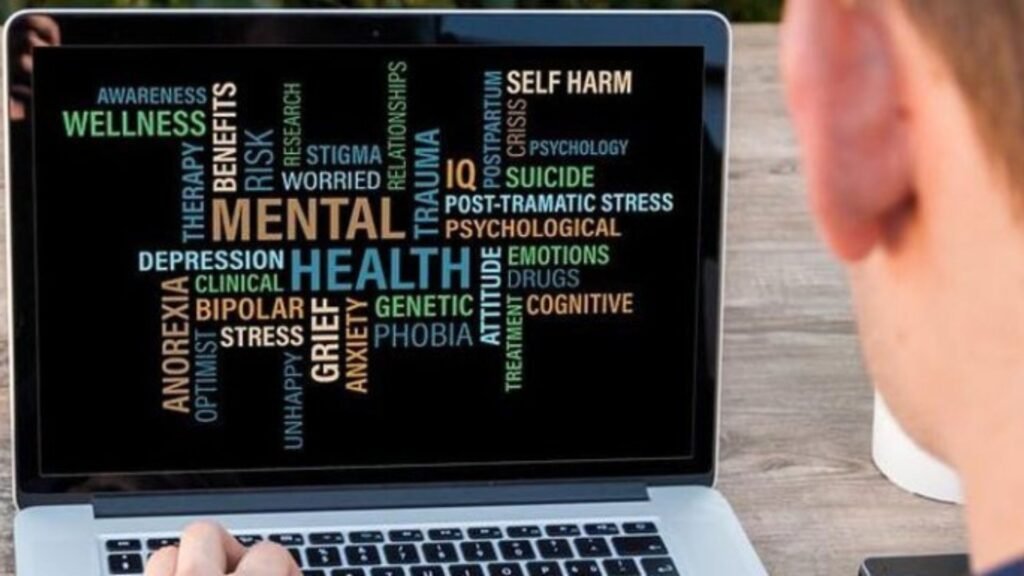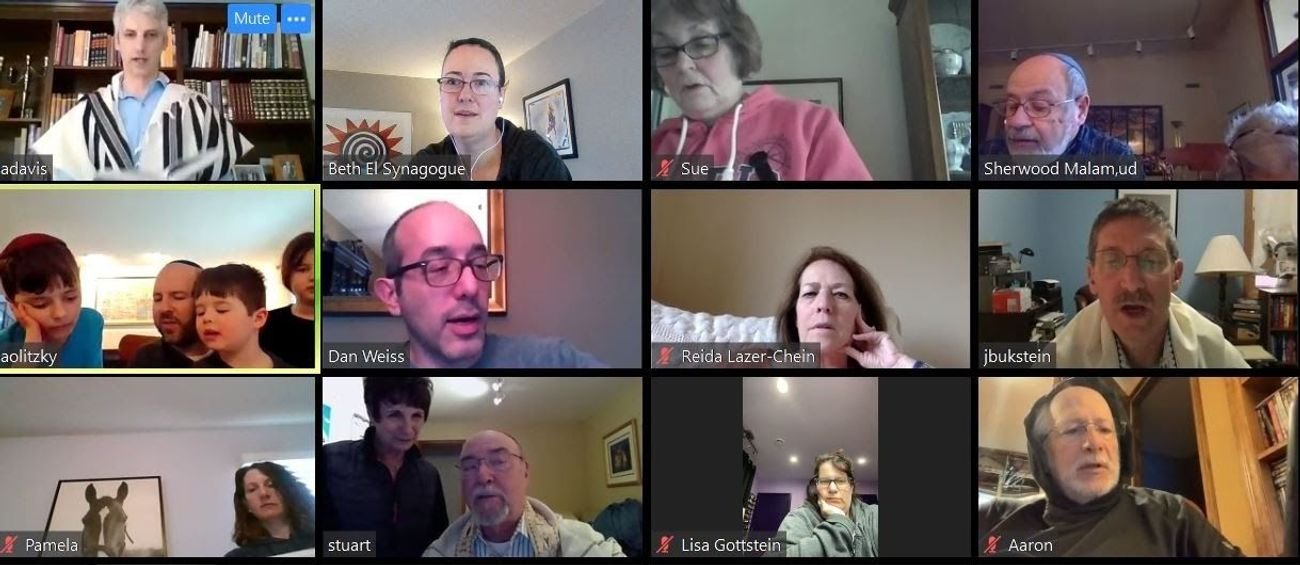Jewish social media is increasingly becoming a crucial platform for advancing mental health awareness within the community. By leveraging digital tools, Jewish organizations and individuals are working to break the stigma surrounding mental health issues, offer support, and create safe spaces for open discussions. In this blog post, we’ll explore how Jewish social media is contributing to mental health awareness and what this means for the community.
Raising Awareness
Sharing Personal Stories
Jewish social media platforms provide a space for individuals to share their personal experiences with mental health. By posting personal stories, users can highlight the challenges they face and the strategies they use to cope. These shared experiences help to humanize mental health issues, making them more relatable and less stigmatized. Personal stories can also encourage others to seek help and share their own experiences, fostering a supportive community.
Educational Content
Educational content is a powerful tool for raising mental health awareness on social media. Jewish organizations and mental health professionals use these platforms to share information about mental health conditions, treatment options, and resources. Infographics, articles, and videos can educate the community about various mental health issues, symptoms, and the importance of seeking professional help. This content helps to dispel myths and provide valuable information to those in need.
Providing Support
Online Support Groups
Jewish social media platforms often host online support groups where individuals can connect with others who are experiencing similar mental health challenges. These groups offer a space for sharing advice, providing encouragement, and discussing coping strategies. Online support groups can be particularly valuable for those who may feel isolated or unable to access in-person support. They provide a sense of community and a platform for mutual support.
Mental Health Resources
Social media platforms serve as a gateway to mental health resources. Jewish organizations often use these platforms to promote mental health services, such as counseling, therapy, and hotlines. By sharing contact information for mental health professionals and organizations, social media helps connect individuals with the resources they need. This accessibility can be crucial for those who may not know where to turn for help.
Creating Safe Spaces
Encouraging Open Dialogue
Jewish social media encourages open dialogue about mental health, creating safe spaces where individuals feel comfortable discussing their issues without fear of judgment. By fostering an environment where mental health topics are openly addressed, these platforms help normalize conversations about mental well-being. This openness can lead to greater acceptance and understanding within the community.
Addressing Stigma
Stigma surrounding mental health can be a significant barrier to seeking help. Jewish social media plays a role in addressing this stigma by promoting positive messages and challenging negative stereotypes. Campaigns, testimonials, and supportive content work to change perceptions and encourage a more accepting attitude toward mental health issues. By addressing stigma directly, these platforms help create a more inclusive and supportive environment.
Collaborations and Initiatives
Partnerships with Mental Health Organizations
Many Jewish social media initiatives involve collaborations with mental health organizations. These partnerships can lead to joint campaigns, educational webinars, and community events focused on mental health. By working together, Jewish organizations and mental health professionals can amplify their message and reach a broader audience. These collaborations also help ensure that the information and resources shared are accurate and reliable.
Campaigns and Events
Social media campaigns and events are effective ways to raise awareness and promote mental health initiatives. Jewish social media often features campaigns that focus on specific mental health issues, such as anxiety, depression, or suicide prevention. These campaigns can include themed posts, interactive content, and live events that engage the community and provide valuable information. Events like Mental Health Awareness Month or Suicide Prevention Day are often highlighted, offering opportunities for education and community involvement.
Challenges and Considerations
Navigating Sensitive Topics
Discussing mental health on social media involves navigating sensitive topics. It is essential to approach these discussions with care and empathy to avoid causing distress or perpetuating stigma. Content should be crafted thoughtfully, with consideration for the emotional impact on viewers. Providing trigger warnings and offering links to professional help can help mitigate potential harm.

Balancing Privacy and Support
Balancing privacy with the need for support is another challenge. While social media can offer valuable support, it is crucial to respect individuals’ privacy and confidentiality. Encouraging users to seek professional help when needed and providing options for anonymous support can help address this challenge. It is also important to promote responsible sharing and ensure that personal stories are shared with consent.
Conclusion
Jewish social media is playing a significant role in advancing mental health awareness by raising awareness, providing support, and creating safe spaces for open dialogue. Through personal stories, educational content, online support groups, and collaborative initiatives, these platforms are helping to break the stigma surrounding mental health issues and promote a more supportive and inclusive community. As the digital landscape continues to evolve, Jewish social media will likely remain a vital tool in addressing mental health challenges and fostering well-being within the community.




